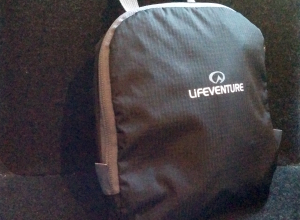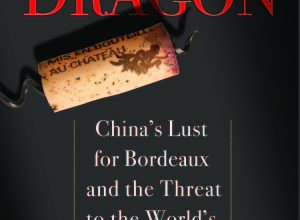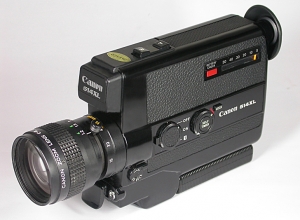
Professor Brian Cox, speaking at the Royal Institution, London, 26 November 2009 (Photo credit: Wikipedia)
Hot on the heels of the discovery that I owe my life to a Proton Gradient [whereby I trap nicely ordered energy and transform it into chaotic one (wine can do that to you*)] I now discover my nose is not just a smell-receiver but an olfactory seismograph.
It seems that the science of life will be a major theme of the rest of our lives, whether it is genetic engineering or re-interpreting all the ‘knowledge’ we grew up with at school.
The latest impact of science on life, and in this case wine, is the proposal that we do not smell molecules for their chemical content and size, but for their “quantum vibrations“. This may not at first seem at all relevant to you or to wine, except that as wine lovers we are often asked to explain the issue of WHY wines, made only from grapes, taste the way they do (why we have to compare their aromas to other fruit or materials) and yet why they can taste so different from each other.
You can analyse the chemical content of a wine as much as you like, but as far as I know, no-one can tell you what it will smell like other than a few pointers to spoiled wine.
What is that terroir after all?
Well, maybe there is a new theory as to why that most under-appreciated human sense, smell, can distinguish these properties, and how the details of the soils and the weather that helped to produce the wine can lead to one wine being different from others.
Maybe we’ve been looking in the wrong place all along.
If any scientist wants to use my nose for experimenting further on the oscillation of wine molecules, please do get in touch.
* Personally, I suggest Prof. Brian Cox on the interesting new Wonders of Life BBC series, missed a trick with the comparison of conservation of energy to a waterfall. Surely you should have started with a nice, ‘orderly’ bottle of wine which I then consume and turn into amusing anecdotes, solutions to the world’s problems, a pleasant buzz, increase knowledge, broader experience … and a contribution to London’s sewer network. Nothing wasted.





